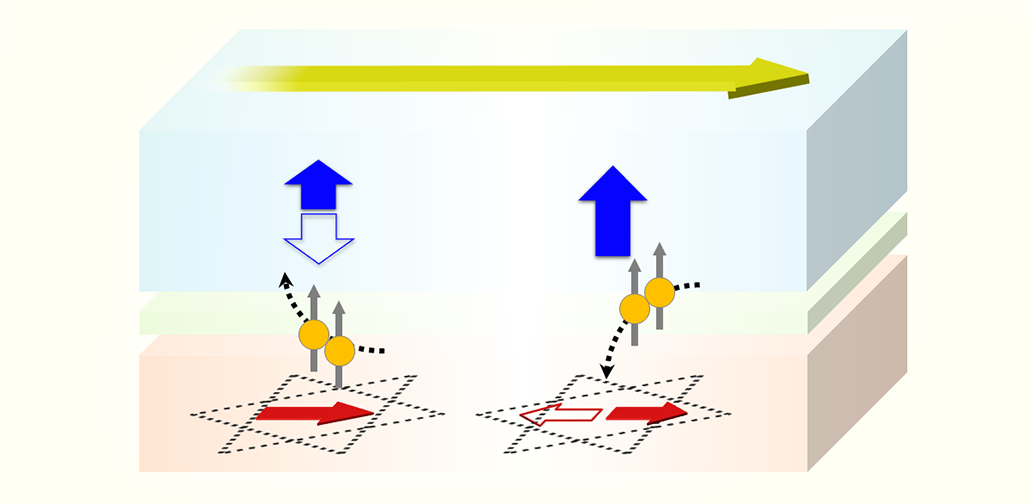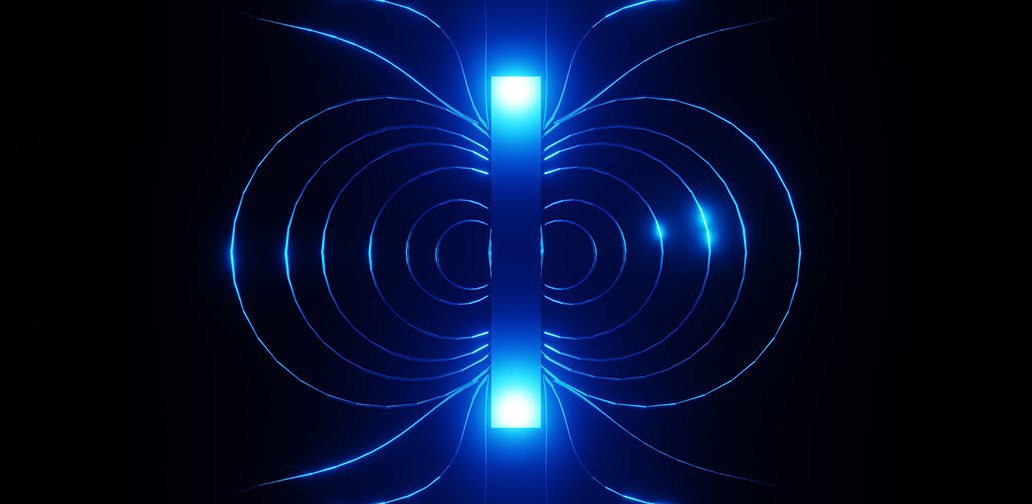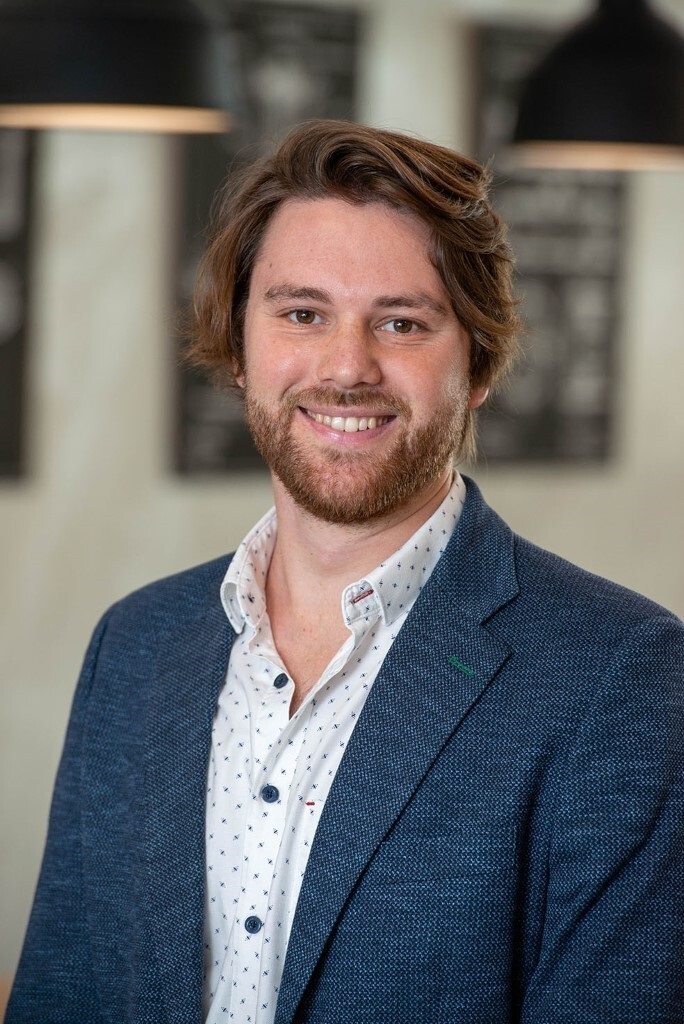Dr Kevin Jang from the Nepean Cancer and Wellness Centre is conducting new research that aims to improve outcomes and quality of life for people living with brain cancer.
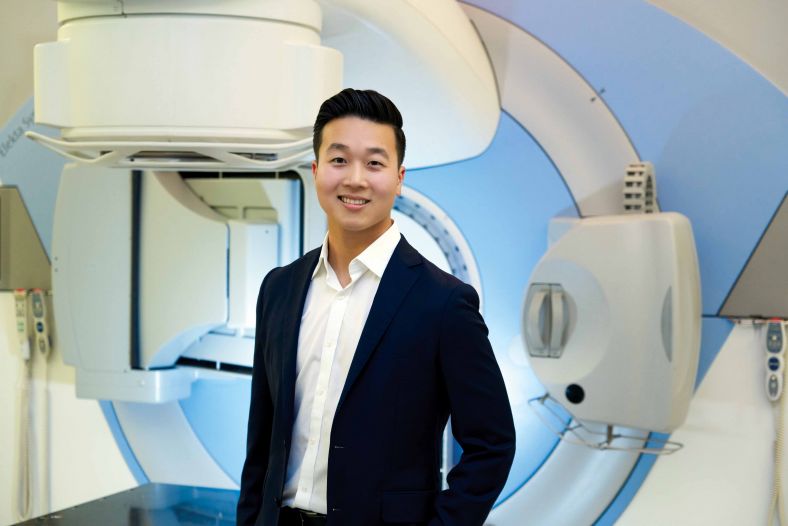
Dr Kevin Jang, researcher and radiation oncology registrar with the Nepean Cancer and Wellness Centre. Image supplied by Avant.
As the recipient of a prestigious Avant Early Career Research Program scholarship, Dr Kevin Jang is applying the emerging method of radiomics to get a more detailed look at brain tumours and better direct the ways in which they’re treated.
Dr Jang’s use of radiomics involves developing a machine learning model where a computer is trained to recognise thousands of patterns of a brain tumour from MRI data, resulting in more accurate predictions about its features.
By non-invasively determining more conclusive imaging results, this new research could solve a problem faced by many with brain cancer following their radiation therapy.
While high-dose radiotherapy treatment is often used successfully to extend the lives of people with brain cancer, brain tissue that has been irradiated can often show ambiguous features on follow-up scans.
As a result, clinicians have trouble distinguishing between radiation necrosis, an effect of the radiation treatment, and actual tumour. This can have negative effects for patients who may either undergo unnecessary interventions or have the accurate diagnosis of a tumour recurrence delayed.
“Differentiating radiation necrosis from tumour progression can be challenging, with substantial overlap of imaging features on conventional MRI. Accurate diagnosis is essential, as the way we manage these two entities is very different,” explains Dr Jang.
Employing AI as part of the radiomics method, Dr Jang aims to accurately distinguish between radiation necrosis and recurrent brain tumours, thereby identifying the best response sooner.
“By developing a reliable and non-invasive method to distinguish radiation necrosis from tumour progression, we can better target treatment strategies and monitor therapeutic response.”Dr Kevin Jang, researcher and radiation oncology registrar
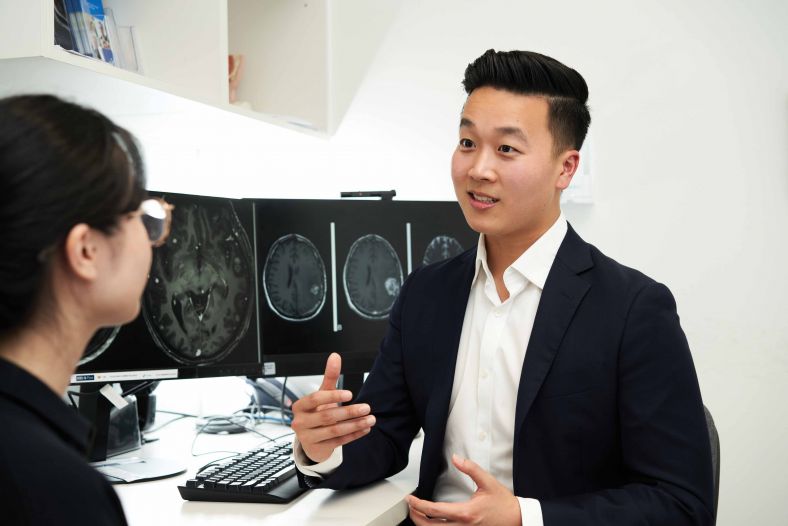
Dr Kevin Jang is conducting his research at the Nepean Cancer and Wellness Centre, part of the Nepean Blue Mountains Local Health District. Image supplied by Avant.
Dr Kevin Jang sees imaging as a largely untapped source in cancer research.
“I believe images are more than pictures, they are data. This data can be mined through computational methods to identify predictive imaging biomarkers that characterise the underlying tumour dynamics,” explains Dr Jang.
“I’m currently finalising the machine learning model,” reports Dr Jang. “The next step will be how we can translate this from bench-to-bedside.”
While initially focused on brain tumours, the research also has far broader implications.
“My overarching goal is to extend our radiomics research into other tumour sites, developing reproducible imaging biomarkers for all cancer patients.”Dr Kevin Jang, researcher and radiation oncology registrar
Dr Jang’s drive for advancing oncology through cutting-edge research reflects his passion for working closely with patients daily as a Radiation Oncology Registrar with the Nepean Cancer and Wellness Centre.
“Caring for patients with cancer is incredibly rewarding. Witnessing their courage, determination and resilience in the face of adversity is both humbling and inspiring, says Dr Kevin Jang”
“Being able to play a small part in their care and seeing the positive impacts of our treatment fills me with a sense of fulfillment and purpose. It is an honour to be part of a multidisciplinary team that is dedicated to improving the lives of cancer patients and their families.”



